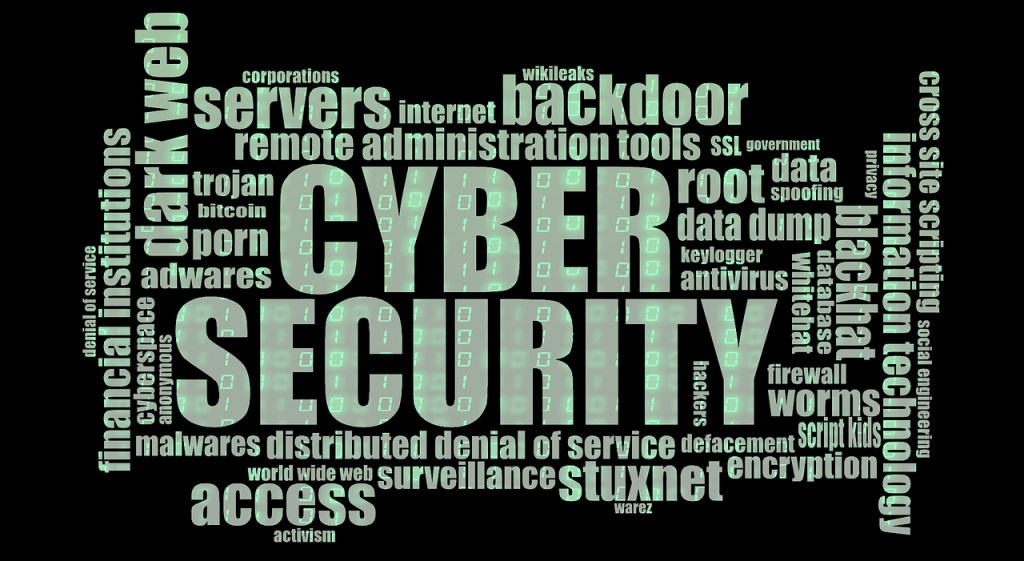In today’s digital age, where almost every aspect of our lives is intertwined with the internet, ensuring robust online security has never been more critical. From personal communication to financial transactions and sensitive data storage, the online realm presents both opportunities and risks. With cyber threats evolving at an alarming pace, it’s imperative to fortify your digital fortress against potential breaches. Let’s delve into some fundamental practices and tips to enhance your online security posture.
- Strong Passwords: The foundation of online security starts with strong passwords. Avoid using easily guessable combinations like “123456” or “password”. Instead, opt for lengthy, complex passwords comprising a mix of uppercase and lowercase letters, numbers, and special characters. Consider employing a passphrase that is easy for you to remember but difficult for others to crack.
- Multi-Factor Authentication (MFA): Enhance your login security with multi-factor authentication. MFA requires more than just a password for access, typically involving a secondary verification method such as a code sent to your phone or biometric authentication. This adds an extra layer of defense, significantly reducing the risk of unauthorized access even if your password is compromised.
- Regular Software Updates: Keep your devices and software up to date with the latest patches and security fixes. Cybercriminals often exploit vulnerabilities in outdated systems to gain unauthorized access or install malware. Enable automatic updates whenever possible to ensure you’re always protected against known security threats.
- Secure Browsing Practices: Exercise caution when browsing the web. Stick to reputable websites with secure connections (look for HTTPS in the URL) when sharing sensitive information or making online purchases. Avoid clicking on suspicious links or downloading attachments from unknown sources, as they may contain malware or phishing attempts.
- Data Encryption: Encrypt your sensitive data to prevent unauthorized interception or access. Utilize encryption tools, such as Privacy Tunnel VPN and protocols such as SSL/TLS for securing internet connections, and encrypt your files and communications whenever possible. This adds a layer of protection, ensuring that even if data is intercepted, it remains unreadable without the decryption key.
- Privacy Settings: Review and adjust the privacy settings on your online accounts and social media profiles. Limit the amount of personal information you share publicly and be mindful of the permissions you grant to third-party apps and services. Regularly audit your privacy settings to ensure they align with your desired level of security and privacy.
- Secure Wi-Fi Networks: Secure your home Wi-Fi network with a strong password and encryption protocol (WPA2 or WPA3). Avoid using default network names or passwords provided by your ISP, as they are often easy to guess. Additionally, consider disabling SSID broadcasting and enabling MAC address filtering for an added layer of security.
- Backup Your Data: Implement a robust backup strategy to safeguard your important files and documents. Regularly backup your data to external hard drives, cloud storage services, or dedicated backup solutions. In the event of a ransomware attack or hardware failure, having backups ensures that you can restore your files and minimize the impact of data loss.
- Be Wary of Social Engineering Attacks: Stay vigilant against social engineering tactics used by cybercriminals to manipulate individuals into divulging sensitive information or performing actions that compromise security. Be skeptical of unsolicited emails, phone calls, or messages requesting personal or financial information, and verify the legitimacy of requests from unknown sources.
- Educate Yourself: Stay informed about the latest cybersecurity threats and best practices through reputable sources such as cybersecurity blogs, news outlets, and industry reports. Educate yourself and your family members about common online risks and how to mitigate them effectively. By staying proactive and informed, you can better protect yourself against emerging threats.
In conclusion, safeguarding your online security requires a proactive approach and a combination of preventive measures. By implementing strong passwords, enabling multi-factor authentication, staying updated on software patches, practicing secure browsing habits, and adopting encryption protocols, you can significantly reduce the risk of falling victim to cyber threats. Additionally, maintaining privacy settings, securing your Wi-Fi network, backing up your data, being wary of social engineering attacks, and staying educated about cybersecurity best practices are essential components of a comprehensive online security strategy. Remember, in the digital age, your vigilance is the key to keeping your digital fortress secure against evolving threats.



